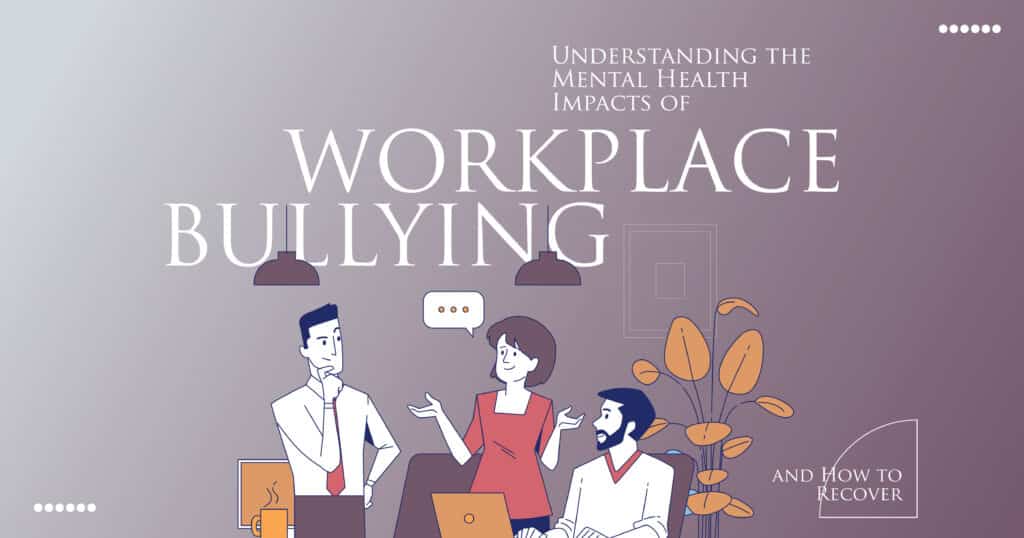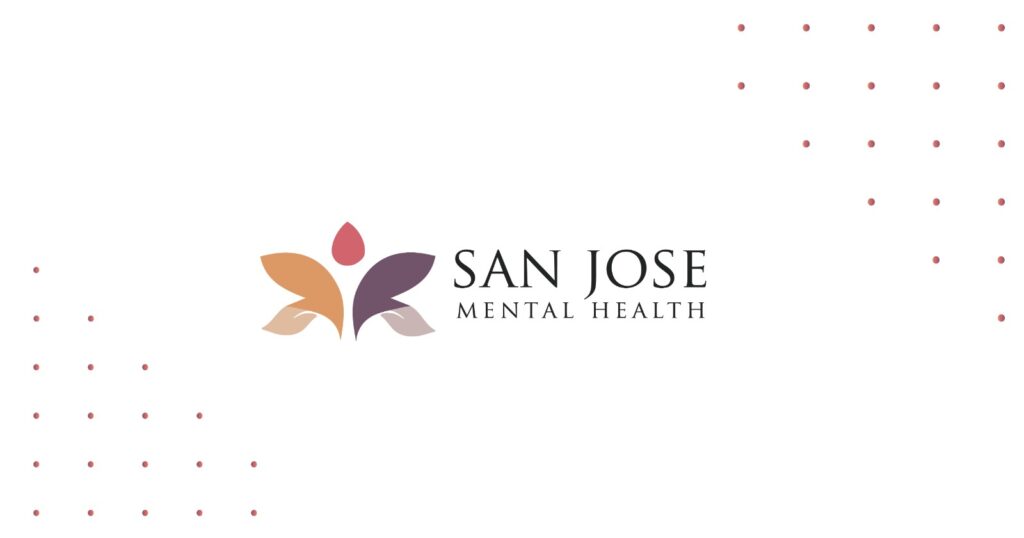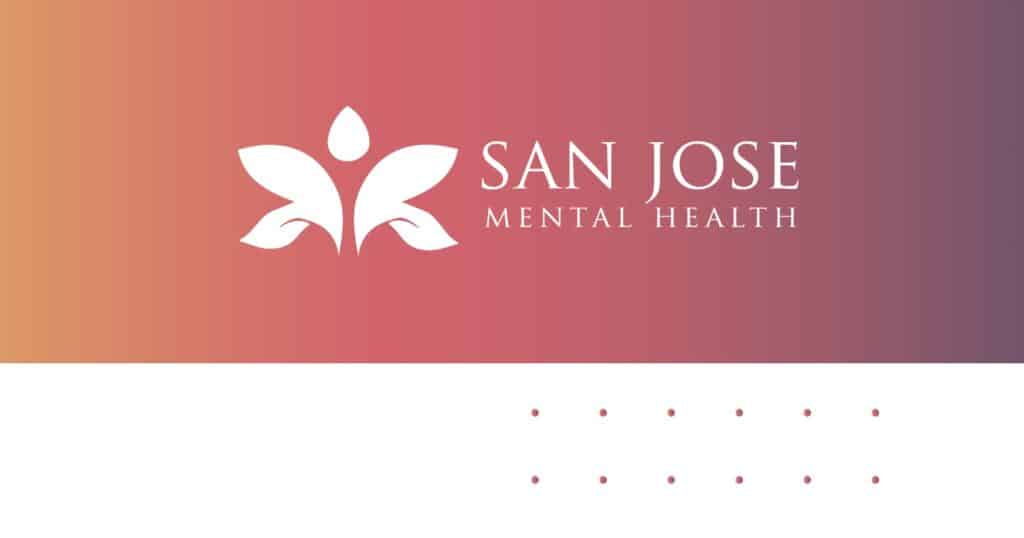Workplace bullying is more than just occasional disagreements or conflicts at work. It involves persistent, deliberate actions to undermine or harm an individual in a professional setting. Imagine a scenario where you’re consistently excluded from team meetings, your contributions are belittled, or you face unwarranted criticism. These abusive behaviors often contribute to the creation of a hostile work environment, where inappropriate actions like verbal abuse, spreading rumors, or even sexual harassment can occur.
Essential Takeaways
- Recognize Signs Early: Identify workplace bullying signs like negative behavior and exclusion to address issues promptly and seek support.
- Use Effective Coping Strategies: Document incidents, reach out to HR or colleagues, and prioritize self-care to manage stress and mental health outcomes.
- Seek Professional Support if Needed: For severe psychological distress due to bullying, consult clinical psychologists for effective coping and recovery strategies.
These are just a few examples of what constitutes workplace bullying. It can manifest as verbal abuse, such as shouting or derogatory comments, or more subtle forms, like spreading malicious rumors, sabotage, or deliberate isolation. Exposure to workplace bullying may even have negative consequences on one’s overall health, potentially leading to long-term adverse health outcomes.
San Jose Mental Health
Why Workplace Bullying is a Serious Issue
Workplace bullying isn’t just a personal issue; it has broader implications for both individuals and organizations. Statistically, a significant number of employees report experiencing bullying at some point in their careers. According to meta-analytic reviews, nearly 30% of workers have experienced bullying, and the numbers continue to rise. The seriousness of this issue is underscored by the substantial psychological consequences it can have on employees’ mental health and well-being, leading to issues like depressive disorders and anxiety disorder.
When left unchecked, workplace bullying can lead to a range of detrimental effects including increased absenteeism, higher turnover rates, and decreased employee engagement. These negative impacts may also affect the overall protection of worker health within an organization. Companies that ignore bullying complaints risk facing legal consequences, as workplace bullying correlates with Human Resources challenges and even anti-sexual harassment law violations.
Mental Health Impacts of Workplace Bullying
Emotional and Psychological Effects
The emotional and psychological toll of workplace bullying can be profound. Victims often experience intense feelings of psychological distress, depressive symptoms, and post-traumatic stress disorder (PTSD). Imagine waking up each day dreading the thought of facing hostile colleagues or managers. Over time, this can erode your confidence and make you feel worthless. Anxiety might manifest as constant worry, panic attacks, or sleep disturbances. Victims of generalized workplace abuse may experience persistent mental distress such as depressive disorders and anxiety disorder due to abusive workplace interactions.
Physical Health Consequences
The stress caused by workplace bullying doesn’t only affect mental health; it can also have significant physical repercussions. Physical responses to stress can lead to headaches, stomach issues, and gastrointestinal problems. Research, such as the Harvard Flight Attendant Health Study, has shown that individuals exposed to abuses against crew in high-stress roles like flight attendants often experience psychosocial risks that impact both their physical and mental well-being.
Long-Term Effects on Career and Personal Life
The impact of workplace bullying extends beyond immediate mental and physical health issues. Longitudinal studies have demonstrated that bullying can have wide-ranging effects on one’s career. Impacts of exposure to bullying can lead to difficulties in career advancement or job satisfaction. Outside of work, bullying can affect relationships, contributing to a sense of isolation and disconnection, as noted in national studies examining the mental health correlates of workplace abuse.
Identifying Workplace Bullying
San Jose Mental Health
Signs of Workplace Bullying
Recognizing workplace bullying is the first step toward addressing it. Descriptive statistics indicate that common signs of bullying include:
- Exclusion from Meetings or Social Activities: Regularly being left out of meetings or team events can be a sign of bullying.
- Persistent Criticism or Belittlement: Constantly being criticized or having your contributions dismissed can indicate bullying.
- Unfair Workload or Expectations: Being given an unfair amount of work or unrealistic deadlines can be a form of bullying.
- Spread of Malicious Rumors: Gossip and false information spread about you can also be considered bullying.
How to Differentiate Between Bullying and Normal Workplace Conflicts
It’s important to differentiate between occasional workplace conflicts and persistent bullying. Abusive events and targeted actions like sexual behavior or verbal abuse are more indicative of workplace bullying than common disagreements. Prevalent abuses often persist over time and result in negative consequences for the employee.
Steps to Take When Facing Workplace Bullying
Documenting the Bullying
One of the first steps in addressing workplace bullying is to document incidents. This is especially important if the bullying includes exposure to workplace harassment, such as sexual orientation discrimination or psychotropic medication being discussed unfairly. Keeping a detailed record of each abusive event can provide essential evidence.
Strategies for Recovery and Coping
Building Resilience and Self-Esteem
Rebuilding resilience after experiencing abusive behaviors is key to recovery. Research from Gullander M. and others in the field indicates that creating a positive outlook can improve one’s mental health after such experiences. Engaging in activities that boost your self-esteem and focusing on healthy coping mechanisms can help restore confidence and reduce psychological aftermath.
Developing Healthy Coping Mechanisms
Healthy coping mechanisms can help you manage stress and recover from the effects of bullying. Physical activities, psychotherapy, and reasonable accommodations at work can improve your psychological health and overall well-being. In cases of severe bullying, seeking support from mental health professionals is highly recommended.
San Jose Mental Health
Creating a Support Network
Building a strong support network is crucial for coping with abusive workplace interactions. Prospective studies show that having supportive colleagues, friends, or family members can buffer the negative effects of bullying. Consider connecting with others in support groups for individuals who have experienced workplace bullying.








